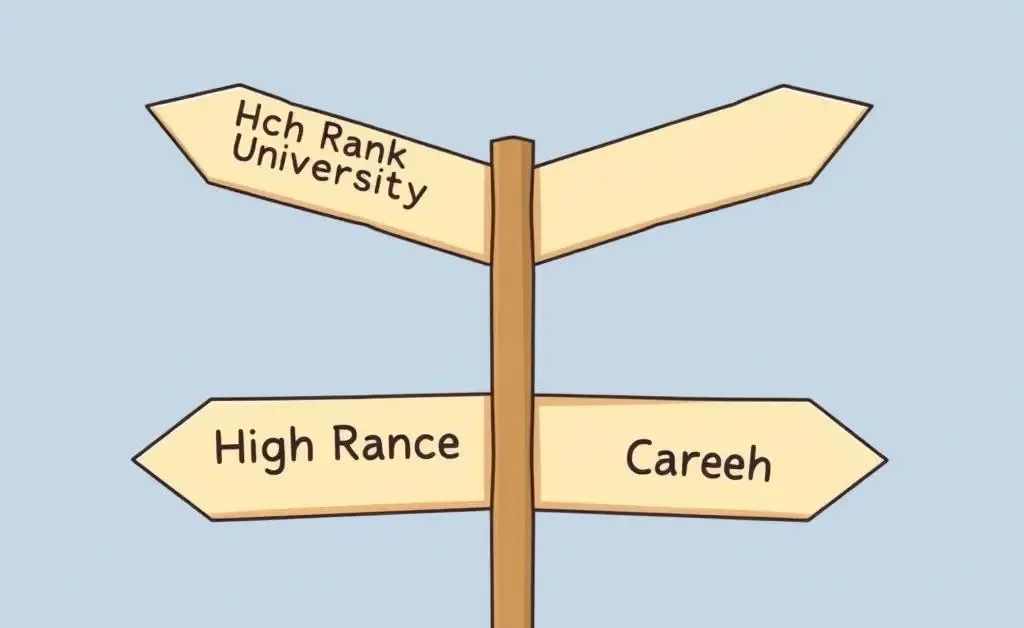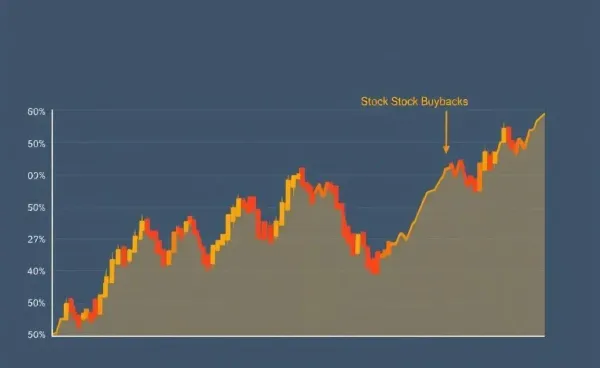Are Top Economics Programs the Key to a Successful Finance Career?
Discover if attending a top economics program is essential for a finance career.

I've been asked many times whether attending a top economics program is necessary for a successful career in finance. This is a valid question and one that often sparks debates at dinner tables and LinkedIn discussions alike. Let's dive into whether those prestigious names anchor your resume or if there's more to launching your financial career.
Does the School Really Matter?
It's no surprise that having a renowned university on your CV can open doors. The branding attached to Ivy League schools or other top-tier universities can indeed catch the eye of some recruiters, who equate these names with high-quality education. However, it's not the only path.
Several finance professionals began their careers from less-hyped schools and worked their way up through sheer grit and networking prowess. While a target school can ease some paths, it's certainly not a ticket that automatically punches into a top finance job.

Networking is Key
The finance industry is as much about who you know as what you know. The truth is, your network can tremendously influence your career trajectory. Universities offer a wealth of opportunities in this realm, like access to alumni networks and industry-specific events.
Engage with peers, attend guest lectures, and participate in finance clubs. These connections can offer insights, mentorship, and possibly job referrals. Remember that many hiring managers value strong interpersonal skills — something your GPA alone won't showcase.

Gaining Real-World Experience
What sets candidates apart is often their practical experience. Internships, part-time positions, or even project work can demonstrate your capabilities. Real-world experience not only builds your resume but helps you figure out which niches of finance truly excite you.
Look for internships across various sectors within finance. Get involved in projects that challenge your skills and expectations. Whether through a boutique firm or a corporate giant, learning by doing is invaluable.
The Role of Skills and Adaptability
Finance is ever-evolving due to technology and global economic shifts. Being adaptable and continuously updating your skills can be just as crucial as your degree. Engage in continuous learning through online courses or certifications related to finance and economics.
Showing that you're proactive about learning can resonate with employers as much as traditional education. Platforms like Coursera and edX offer a range of topics to dive into, from financial modeling to blockchain technology.

Final Thoughts
While the allure of a prestigious school is undeniable, it's not the only bridge to a finance career. Consider the wealth of opportunities in networking, real-world experiences, and skill acquisition. Finance, like any field, rewards those who are passionate, skilled, and relentless in pursuit of their goals.
What have your experiences been when launching a finance career? Does the university brand play a starring role, or is the plot more dynamic than that? I'd love to hear your stories and thoughts in the comments below!




